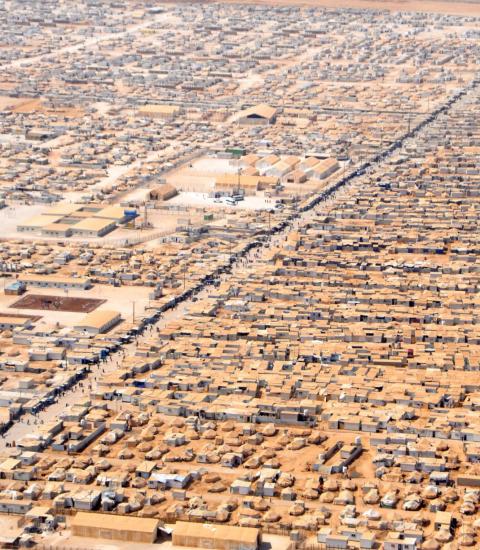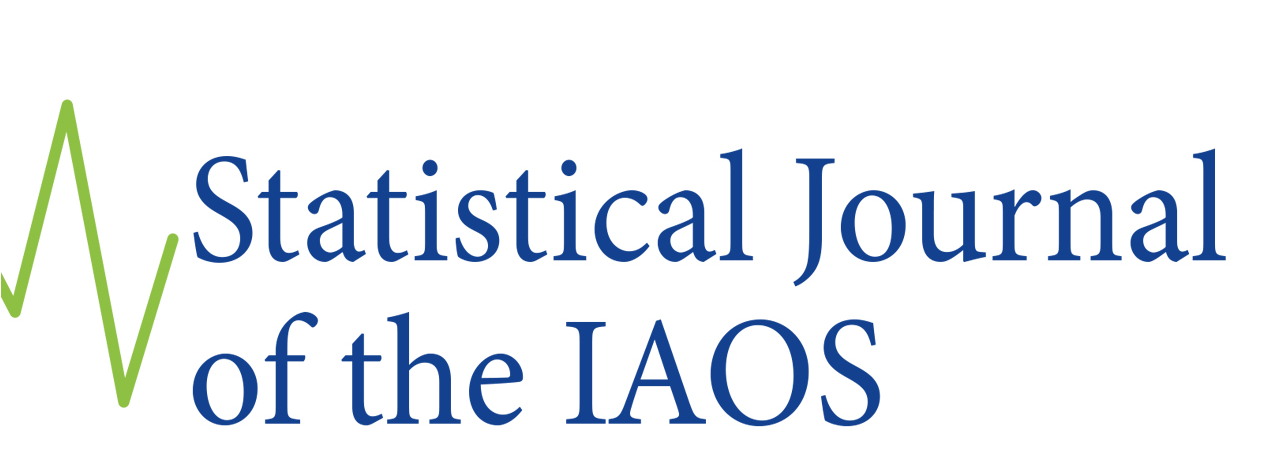
Examples of these groups are stateless people, refugees and homeless people. It also includes other population groups, that for a variety of reasons, are not included in vital registrations or other central administrative systems. Such inclusion in official statistics is relevant from the perspective of the Sustainable Development Goals, directed on targets for specific population groups, but also in the wider context of (the ethics of) covering in official statistics all and especially vulnerable population groups. Measuring such groups requires creatively applying all possible data sources, ranging from administrative records to snowball data collection, to self measurement as well as automatic and geo tracing/observation methodologies to cover them in official statistics.
This 10th discussion is triggered by the manuscript ‘Improving official statistics on stateless people: challenges, solutions, and the road ahead’, by Mary Strode (Independent Consultant to UNHCR) and Melanie Khanna (Former Chief of the Statelessness Section, UNHCR) in Volume 37 (2021).
The discussion statements concentrate on the need for such statistical information, the challenges in collecting them as well as aspects on confidentiality and protection in data sharing. The discussion statements aim to prove the audience to think about these issues and invites comments on the experiences gained and result achieved in developing guidelines for measuring and developing statistics for difficult to measure groups.
You are invited to comments on the following five thought-provoking statements
1. Agenda 2030 and the Sustainable Development Goals reflect an ambition to “leave no one behind”, especially the most vulnerable, yet many of the world’s most vulnerable people may be left uncounted and unaccounted for in official statistics. For example, stateless people, the forcibly displaced, the undocumented, nomadic peoples and the homeless are likely to be undercounted in most statistical collections. Many will lack a stable residential address and concepts of ‘usual residence’ and ‘usual member of household’ will not easily apply. Household surveys are likely to exclude them, and administrative data may not capture them.
Should official statistics reconsider its practices to better reflect such populations and if so, how?
2. Stateless people and those in irregular migratory situations, among others, may tend to avoid data collection efforts by national authorities unless they find a positive reason for participation, such as having their irregular situation or lack of citizenship resolved. Even registering vital events can involve real risks for certain people unless their data is protected from immigration enforcement agencies. At the same time, avoiding registration of vital events such as birth registration carries risks of its own perpetuating from a lack of proof of identity in subsequent generations.
What steps can be taken to protect vulnerable populations’ personal data so as to encourage such populations to be willing to participate in these processes? In other words, how can we ensure that we improve population data concerning these groups while respecting the “do no harm” principle and communicate this effectively to affected groups?
3. Refugee camps, hostels and temporary dwellings are often omitted from household surveys. Even when they are included the information collected is often a very short form of the questionnaire.
Do we risk excluding those who have been displaced or who are without permanent residence from official statistics and are we failing to capture information about the most vulnerable?
4. The Legal Identity Agenda has been identified by the UN as important to ensure that everyone has a right to be recognised as a person before the law, yet millions do not have it and will find real difficulties in obtaining it.
In a world where proof of identity and in many cases digital proof of identity is needed for individuals to obtain services and to participate in the formal economy, is there a risk that those without will become increasingly marginalised?
5. Given the above issues raised, what role does data modelling and other alternative methods have regarding these most vulnerable populations who are too often missing from official statistics?
